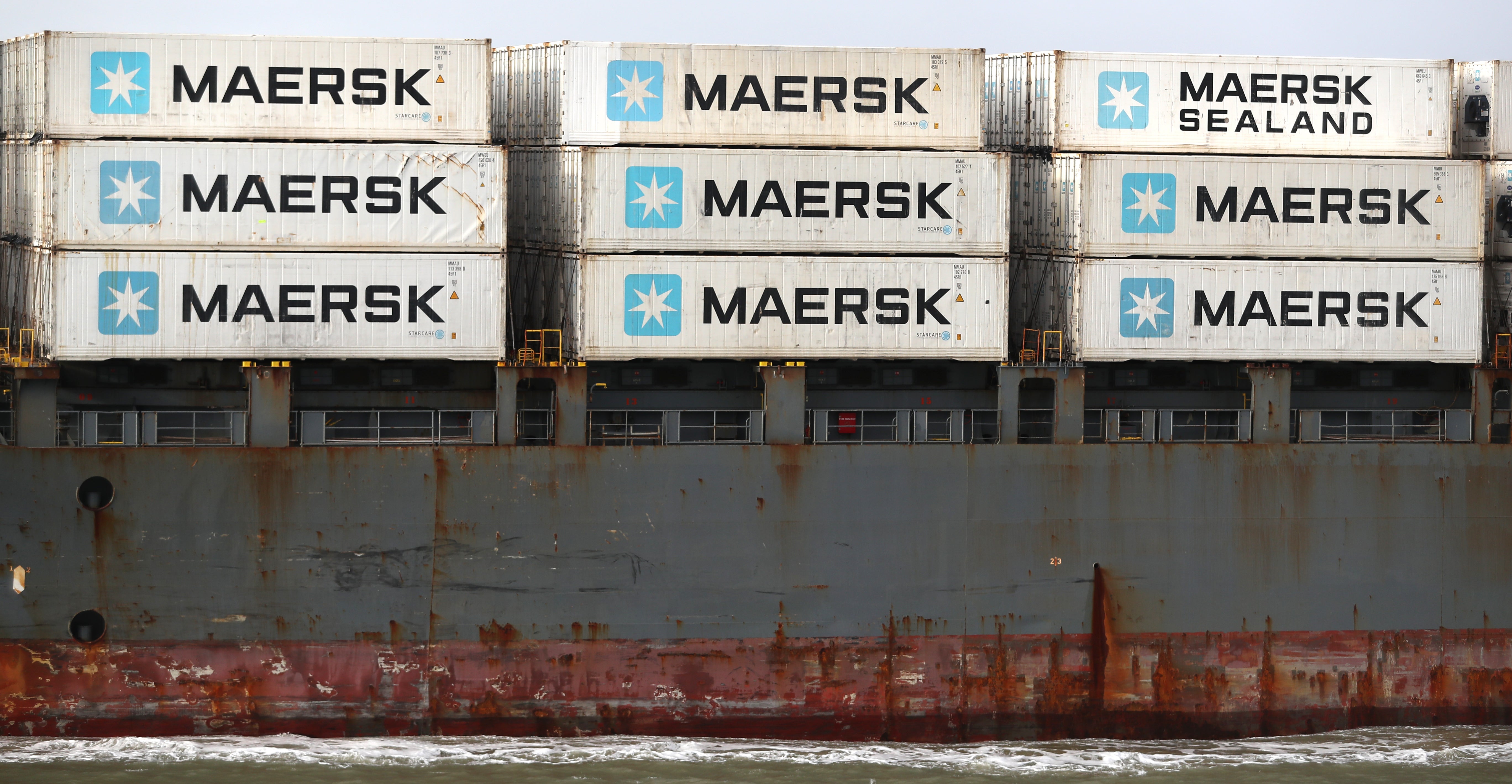UK growth downgraded as IMF warns of vaccine gap between rich and poor countries
The IMF said there is a ‘great vaccine divide’, with vaccine rates much lower in low-income countries.

Your support helps us to tell the story
From reproductive rights to climate change to Big Tech, The Independent is on the ground when the story is developing. Whether it's investigating the financials of Elon Musk's pro-Trump PAC or producing our latest documentary, 'The A Word', which shines a light on the American women fighting for reproductive rights, we know how important it is to parse out the facts from the messaging.
At such a critical moment in US history, we need reporters on the ground. Your donation allows us to keep sending journalists to speak to both sides of the story.
The Independent is trusted by Americans across the entire political spectrum. And unlike many other quality news outlets, we choose not to lock Americans out of our reporting and analysis with paywalls. We believe quality journalism should be available to everyone, paid for by those who can afford it.
Your support makes all the difference.The International Monetary Fund (IMF) has downgraded its outlook for the UK’s economy this year, putting a dent in hopes of a swift recovery, while warning that developing countries are being left behind.
The IMF said it expects UK output to grow by 6.8% in 2021, down from a previous estimate of 7%.
It would still make the country one of the fastest growing major economies this year, however the UK had more easy ground to regain as its output fell at one of the fastest rates during 2020, by 9.8%.
For instance, the US, which is expected to grow by 6% in 2021, only dropped by 3.4%.
These divergences are a consequence of the 'great vaccine divide' and large disparities in policy support
The UK’s projected growth puts it just ahead of the global average, at 5.9%.
But the IMF warned that poor vaccine access was creating a gap between more and less advanced economies.
“The fault lines opened up by Covid-19 are looking more persistent – near-term divergences are expected to leave lasting imprints on medium-term performance. Vaccine access and early policy support are the principal drivers of the gaps,” it said.
The IMF also downgraded the speed of the global recovery, due to a worsening outlook for advanced economies caused by disruptions in supply chains.
Low-income developing countries were also downgraded in the report, as they have been hit by a deepening of the pandemic impacts, the IMF said.
“The dangerous divergence in economic prospects across countries remains a major concern,” said IMF chief economist Gita Gopinath.
Output is expected to remain 5.5% below pre-pandemic levels in 2024 across emerging market and developing economy countries, excluding China.
This will cause a large setback to improvements to people’s living standards.
“These divergences are a consequence of the ‘great vaccine divide’ and large disparities in policy support,” Ms Gopinath said.
She added: “While almost 60% of the population in advanced economies are fully vaccinated and some are now receiving booster shots, about 96% of the population in low-income countries remain unvaccinated.
“Furthermore, many emerging market and developing economies, faced with tighter financing conditions and a greater risk of de-anchoring inflation expectations, are withdrawing policy support more quickly despite larger shortfalls in output.”